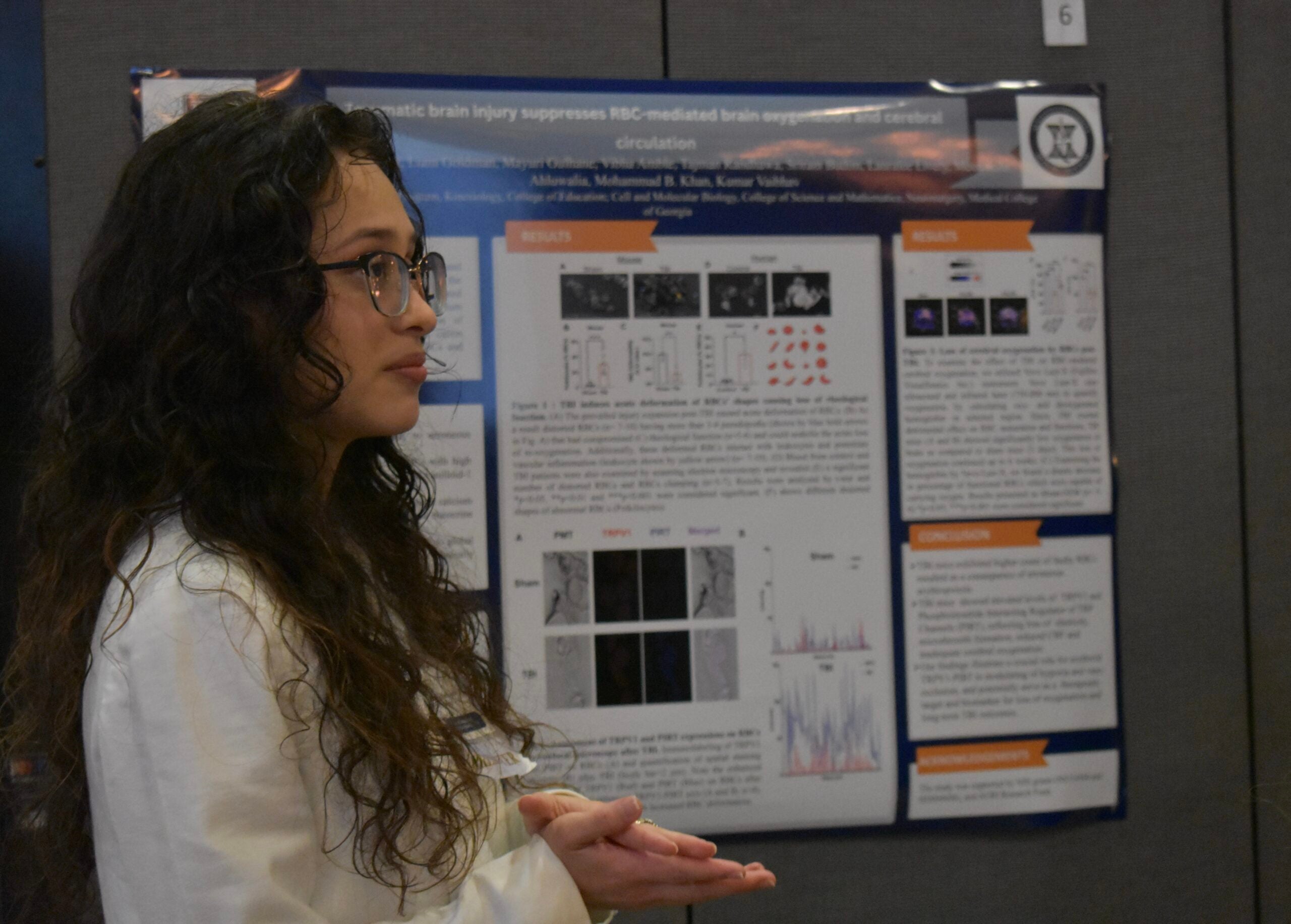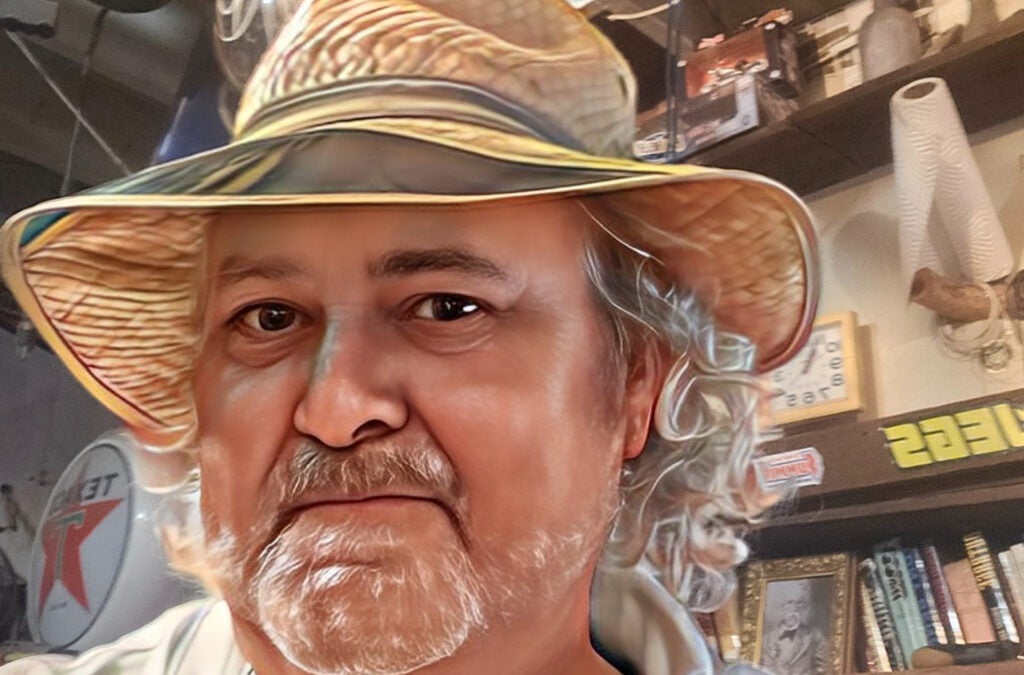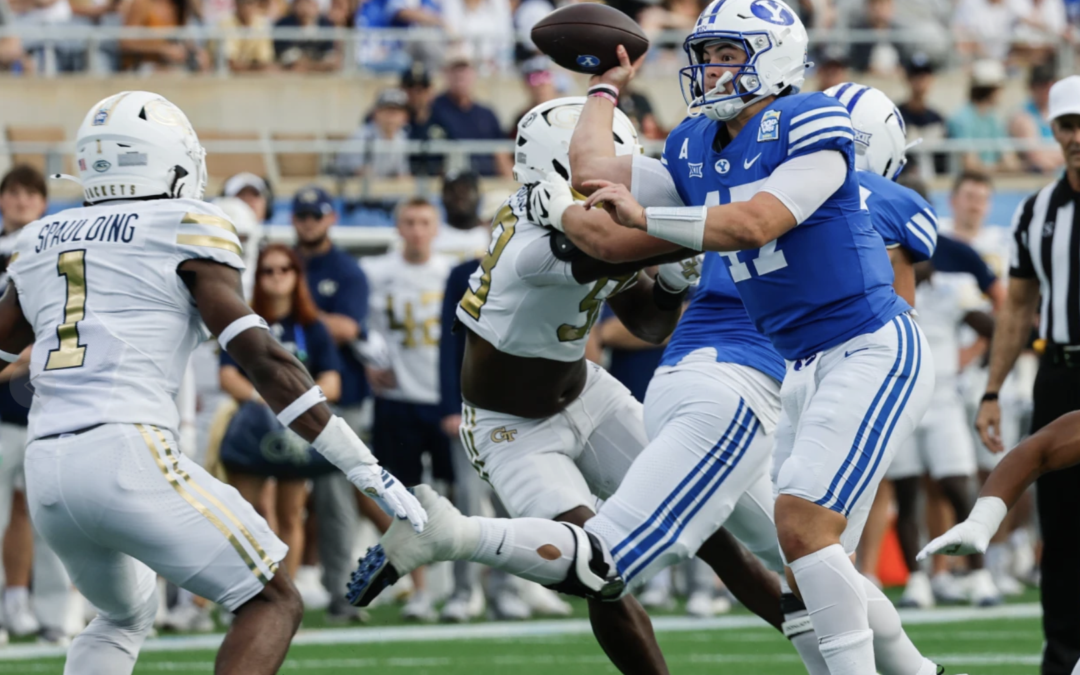Augusta University hosted a 24th annual Undergraduate Research and Fine Arts Conference on Wednesday, April 3, for students to showcase their scholarly and artistic endeavors.
While musicians and artists showed off their talents later in the day, researchers displayed large posters and gave oral presentations to explain their various projects.
Open to all AU undergraduate students, the event is jointly sponsored by the university’s Center for Undergraduate Research and Scholarship (CURS), Phi Kappa Phi Honors Society and the Summerville Interdisciplinary Research Office.
With CURS serving all 11 colleges at Augusta University, event organizer and Director of CURS Quentin Davis said preparation for research conference served as an opportunity to connect students and faculty from various departments of interests.
“Oftentimes these faculty don’t get to meet undergraduate students … so at CURS we’re kind of the cupid and we pair them together [for research projects],” Davis said. “We also support them throuhoug their research journey.”
During the conference, Davis said students are able to test their presentation skills by communicating the purpose and goal of their research project to judges, whilst answering any questions for attendees and other interested professors.
“It’s vastly important that they understand how to articulate the purpose of their research, and how and why that research was conducted,” she said. “Especially, if they’re working on something that has been researched for 20 or 30 years, because things change.”
Allowing students to implement theories they learn about within different classes, Davis also said the participating undergraduate researchers are able to practice explaining the results of their projects in a few minutes.
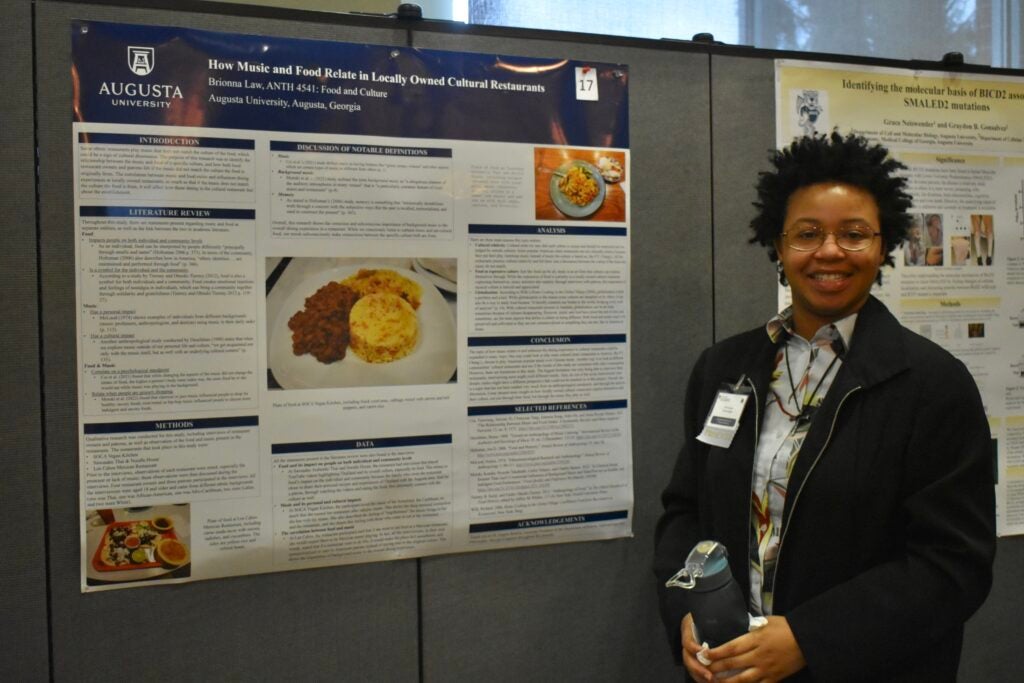
“Now they’re truly testing that knowledge, and to narrow down months of work into a 3-minute pitch is a pretty tough thing to do,” she said. “The more they practice, the better they get at it.”
Witnessing many studies from hundreds of undergraduates, most of which plan on pursuing a master’s degree, Davis said her favorite part of the conference was interacting with students from all of AU’s colleges, and seeing their varying fields of interest.
Although some students might not become a lifelong academic or a researcher, Davis said many can learn critical thinking skills from the experience, which can be useful in any field.
“Asking those kinds of research questions can be applied to any profession, and we hope they’re getting those skills along the way,” she said. “In any job you need to be able to make decisions – as a parent or as a member of an organization – you need to be able to support the claims you’re making.”
For CURS Ambassador Jordan Moratin, a senior student who has been apart of the program for several years and is currently earning a master’s degree, undergraduate research introduced him to many irreplaceable skills that helped his academic journey.
“Actually doing this conference helped me apply to other conferences, which allowed me go to Chicago last November for a national conference,” Moratin said. “It was tremendously helpful. I just became more comfortable talking to people about my research since I’m so passionate about it.”
Assisting with the conference, Moratin said he enjoyed still being involved in undergraduate events, because he understood their concerns as many frantically prepared to present original research for the first time.
“I think I like it so much because I was in their shoes once and it was very nerve-racking when I started,” he said. “But now I like being the bridge between faculty, staff and students. Just to let them know that it’s not too intimidating.”
Most importantly, Moratin said he felt it oftentimes helped students solidify their interest in a career field, before graduating or committing to a more advanced program.
“Delving into your field and doing something that’s trying to further it is much better than just following someone around,” he said. “The stuff that I learn in class, I’m actually also learning in the field because of the research I’m working on. It’s one thing to learn from a textbook, but it’s entirely different to learn something from doing it yourself in a lab.”
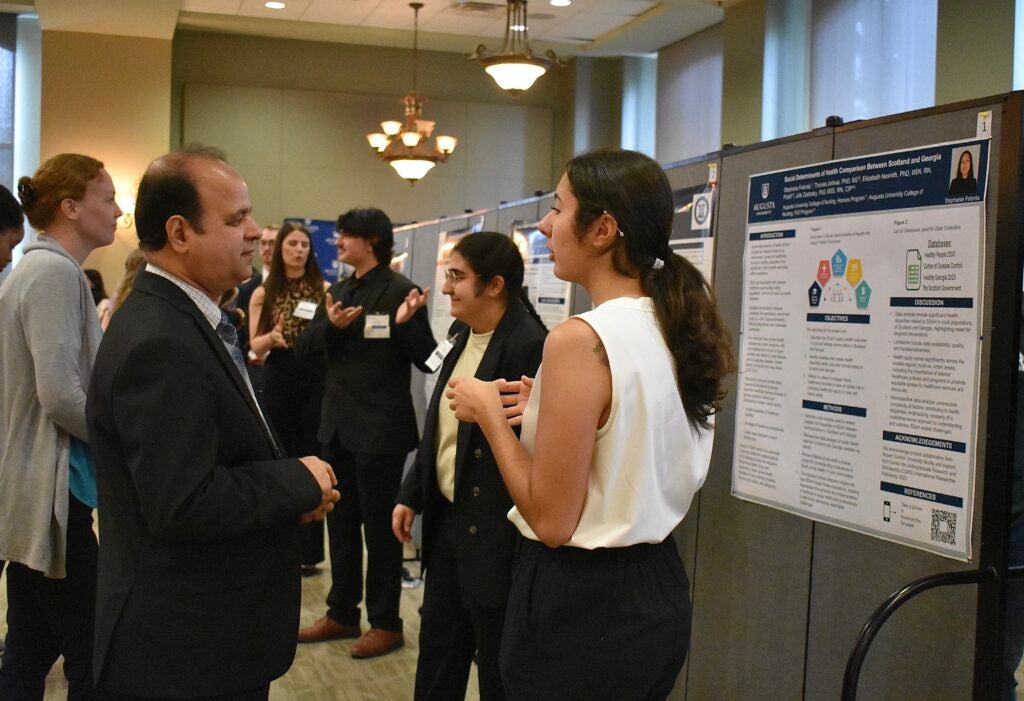
Studying the similarities between Scotland and Georgia’s rural health system, participating junior nursing student Stephanie Felonta said her research aimed to better both local urban and rural populations’ health by identifying significant, non-health related factors.
“We found that you have to promote more healthcare workers to go to these areas and be advocates for these populations in order to find ways to overcome health disparities,” Felonta said.
By presenting in the conference, Felonta said she hopes sharing her research will ultimately lead to saving lives in underprilvledged and rural areas, which often suffer from a lack of healthcare professionals.
“I wanted to make individuals aware that healthcare is more than just being sick … there’s a lot of factors that impact a person’s health, and unfortunately not all peope have the same access to healthcare,” she said. “By raising awareness you can get more people interested in the topic and thinking about how we can help these people to obtain a better quality of life.”
Towards the end of the conference, research winners were announced and included: Cameron Cunningham for the Smart City Environmental Applications award, David Timmerman for the Society and Science award, Manuela Guzman Zabala for best overall poster and more.
For more information about Augusta University’s CURS program, visit: https://www.augusta.edu/curs/

